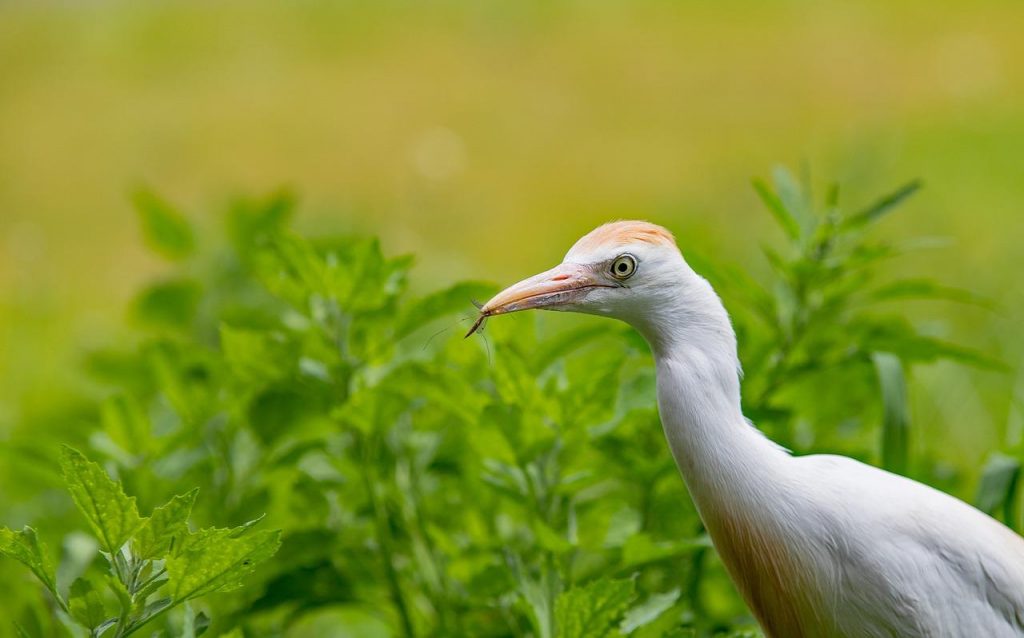There are a lot of things that New Orleans is known for. There’s the Mardi Gras, one of the most colorful events in any place in the world. You can drink in most places around as long as you are of legal age. There is also a lot of food that you can enjoy, especially seafood. While munching on some of the local delicacies, you can enjoy observing the architecture and seeing a lot of people in their colorful costumes. You can also stroll through the parks and go visit museums and art galleries. Here you can learn about the city’s rich history and culture. Enter the world of New Orleans through this website.
However, there is another tourist attraction that has been going on around the area for a long time now: swamp tours. As New Orleans was once considered as the Venice of the US, it has a lot of swamps and canals. In fact, there was even a time when the city was separated from the mainland itself. It took a bridge construction and some other reforms before it was connected back to the mainland. Now, these swamps are now considered as tourist attractions, especially since there are a lot of animals that you can see. Here are some of them:
Animals You Can See In the Bayou
- Alligators
This is usually the main reason why people book these tours anyway. Alligators are reptiles which are rather common in the Southern United States. They can grow from 11 to 15 ft. in length and can be as heavy as 1000 lbs. These are fierce creatures, capable of munching into any type of animal even humans. They can be rather dangerous especially if they feel threatened in their own habitat. Don’t fear though, as most tours have the experience of dealing with these animals. Most of the time, you can just look at them from afar. However, there are some tour companies like Bayou Swamp Tours which offers their customers a chance to hold a real live baby alligator.
2. Snakes
Another animal that you might encounter during the tour are snakes. There are a lot of species of snakes that can be seen in these areas. Most of them are non-poisonous and do not really harm humans unless provoked. However, there is one species that should be avoided at all costs: the cottonmouths. Their venom is rather potent and could be fatal if not treated right away. Fortunately most tours do avoid places where these can be found. Keep an eye out for any snake though and inform your tour guide immediately.
3. Birds
There are also a lot of birds that are lurking in these swamps. There’s the egrets, pelicans and blue herons which are just roaming around the area looking for food. There are also many migratory birds in the area especially if it is winter in their respective origins. They go to warmer places to warm up and try to build their nests. Do try not to feed them though, as you may influence its diet. They need to be preserved at all costs for the benefit of its species. Birds are very important in the ecosystem because they help in distributing plant life across the world. Click here to see why birds are important: https://www.birdlife.org/worldwide/news/why-we-need-birds-far-more-they-need-us.
4. Turtles
Another tourist attraction that you would truly enjoy are in various New Orleans swamps are turtles. Snapping turtles are quite abundant in these areas with most of them hiding in trucks other deemed safe places. You can’t touch them though as it can be dangerous: Its jawlines are rather strong and can literally snap your bones in half if you are caught. They are also quite rare on some of the swamp tours so keep an eye out for them
5. Otters
If you are looking for something cute, then the otters are just for you. They look like large rodents but they mostly live in water. River otters are just one of the most adorable species on the planet. They are also quite protective of their young and territory so always be careful. However, they can be quite friendly too and swim near the boats to play with the currents. You can always take a picture of them while thy resting on their backs floating on the river. As much as you want to though, you can’t take them home.

No comments:
Post a Comment